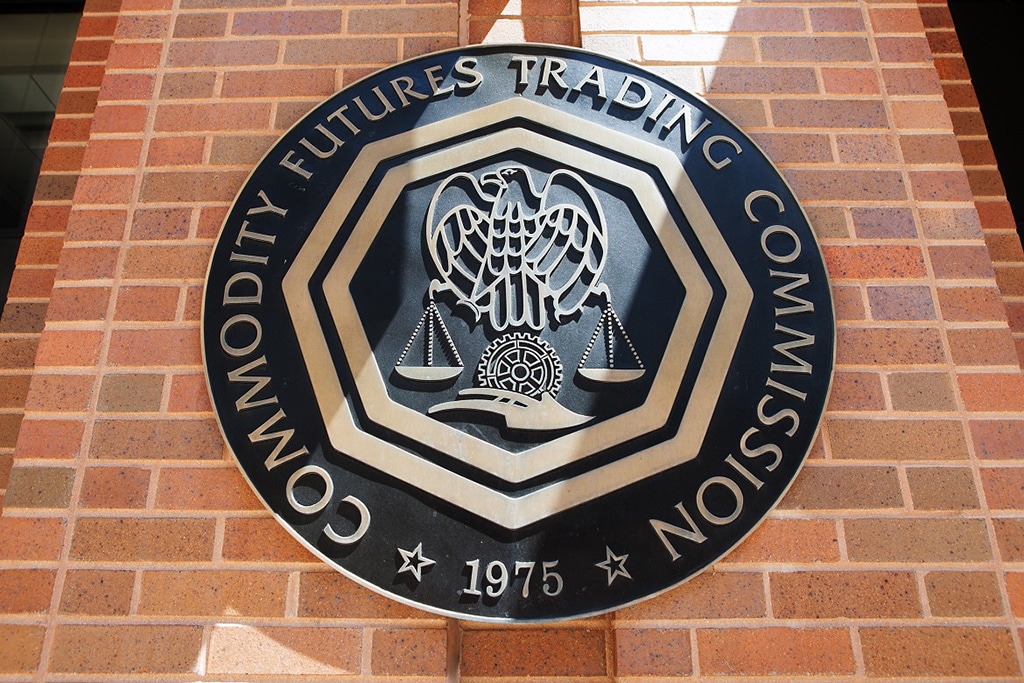
Darya is a crypto enthusiast who strongly believes in the future of blockchain. Being a hospitality professional, she is interested in finding the ways blockchain can change different industries and bring our life to a different level.
Satis Group prepared a report, in which it has shown that around 81% of the total number of initial coin offerings launched since 2017 have turned out to be scams.

The crypto world has been developing rapidly, with Initial Coin Offering (ICO) becoming one of the most popular investments in the world. But some recent data shows that not everything in the crypto garden is rosy. Satis Group, the premier ICO advisory firm, conducted a study which has found that over 80 percent of ICOs conducted in 2017 were scams, while in dollar terms, only 11% of the approximately US$12 billion raised in these projects went to these fraudulent ICOs.
According to the report published by Satis Group Crypto Research, scams were identified as projects that didn’t initially plan on following their roadmap, or were deemed by the community as scams. Besides, four percent of ICOs failed to go through with their plans, and three percent ended up ‘dead’. This ICO ‘death’ means that the project has “not been listed on exchanges for trading and has not had a code contribution in Github on a rolling three-month basis from that point in time.”
Satis Group analyzed over 1,500 crypto assets in circulation and found out that about half of them were launched on top of an existing blockchain. The most popular platform was Ethereum with 86 percent of tokens, folled by Waves (2.9 percent). NEO came third at 2.3 percent. Ethereum has a number of advantages over other similar platforms. The report reads:
“It remains to be seen whether any platform will be able to surpass Ethereum’s adoption, which has a high degree of first mover advantage (nearly a three-year head start, plus the entire market share of the ICO discovery phase through 2017) in addition to high levels of community support, liquidity, and developer buy in. Emerging platforms have been able to differentiate themselves with higher levels of transaction throughput (transactions per second), which generally comes at the cost of higher levels of centralization.”
The research group has also figured out that most of what was raised in the scams went to only three projects, including Pincoin, which received US$660 million and Arisebank, which received US$600 million. Satis Group reported:
“Although ~1/10th of all ICO fundraising went to Identified Scams, the vast majority of the $1.3B was from just three projects, which were all relatively old school frauds by no means unique to ICOs (Pincoin ($660M), Arisebank ($600M), and Savedroid (~$50M)). These projects each did raise those amounts we believe but are subject to extensive regulatory action.”
Satis also noted that despite the regulatory uncertainty and decreasing market performance, ICO fundraising has been growing significantly, especially projects based in countries known for their appealing regulations. In 2017 most projects were US and China-based, but this year the Cayman Islands dominate, being chosen by 40 percent of projects.
The study illustrates that ICO investing is a very risky business and notes more researches are set to come in the future.

Darya is a crypto enthusiast who strongly believes in the future of blockchain. Being a hospitality professional, she is interested in finding the ways blockchain can change different industries and bring our life to a different level.




